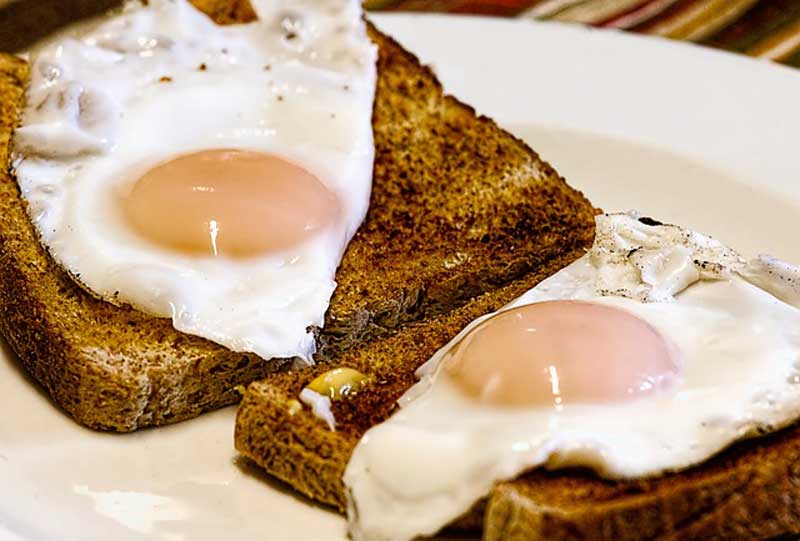
The world is experiencing shortages of water in all continents and conservation of water is becoming more and more important. One of the most significant human needs is drinking clean water, and this can no longer be depended on to be always available, even in the regions with apparently sufficient rainfall. Clean and safe drinking water is already limited in a lot of places.
Over the past 8 years according to the 2008 report of the US Environmental Protection Agency, almost every region in the United States had experienced water shortage. These water shortages were either because of the groundwater being withdrawn in large amounts that either exceeds the rate at which it’s being refilled or because of the municipal drinking water systems that aren’t big enough. A lot of towns already enforce limited irrigation and watering for lawns and gardens. The answer to the insufficient supply of fresh water is water conservation not the building of better and bigger water distribution systems or even more wastewater treatment plants.
Huge amounts of water need to be consumed in order to sustain our normal way of living. The production of goods that we easily buy on a daily basis uses large amounts of water and most of the time we’re not even aware of this. Every day, we consume about 380 litres of water without being aware of it because we don’t see the water in it. Reducing the amount of water used for producing our food, clothing, paper etcetera is vital in order to accomplish successful water conservation. First and foremost we need to become aware of this and be educated about how and where the water is used. Once we understand and know this, we can then take the most necessary steps and actions to help conserve our water.
So how can we conserve water at home? Firstly, recycle as much paper as you can. Recycling paper is less harmful on the environment then making new paper, it uses less energy and up to 50% less water.1 Consider keeping your old clothes for a bit longer instead of buying a new cloths. A single cotton shirt can take up to 2500 litres to produce! These are simple ways in which you can help save thousands upon thousands of litres of water each and every year. What about the food you eat? Ask yourself; do you really need to have that 450-gram steak for dinner that consumed around 2400 litres of water to produce? Especially given that you already had caused the consumption of 400 litres of water to produce the 2 eggs2 you had for breakfast and a further 1800 litres of water used for that 100-gram hamburger3 at lunchtime.
You know there are millions of litres of water wasted from excessive watering of gardens and lawns. A lot of irrigation systems are often seen in operation in the middle of the day with the sun beating down when almost all water just evaporates without ever reaching the plants’ roots. Many homeowners water their gardens and lawns too often also wasting water and just ending up killing their plants, especially those with shallow roots. A green lawn in an arid climate isn’t possible without “wasting” great amounts of water. Landscape watering systems and commercial farming are also suspects because of using automated irrigation at noon or even during rainy days.
Plants, animals, and humans need water to survive. It’s urgent that we start conserving water now so that we humans, our plants and our animals, can not only survive but also quite possibly thrive. What we can do as individuals and as a society as a whole, can have a huge impact on water consumption reduction. How we make our daily choices and how we live will either waste or help to support the water conservation efforts for the benefits of us all.
Sources:
1. http://www.paperbackpaper.co.uk/recycled-paper-myths-facts
2. http://qz.com/171698/it-takes-53-gallons-of-water-to-produce-a-single-egg/
3. http://water.usgs.gov/edu/activity-watercontent.php
- 25 December 2016
- Water
